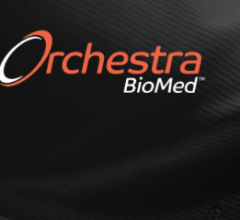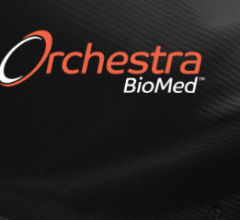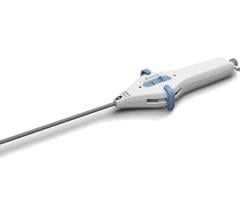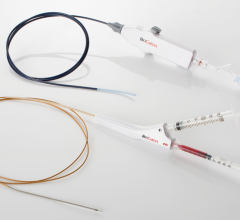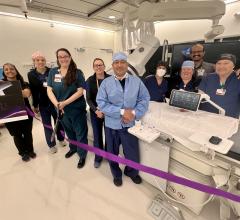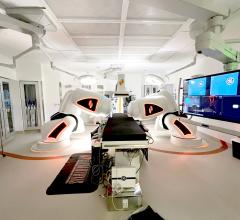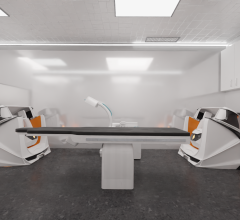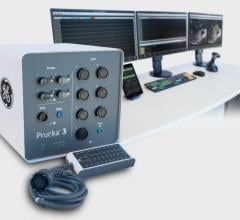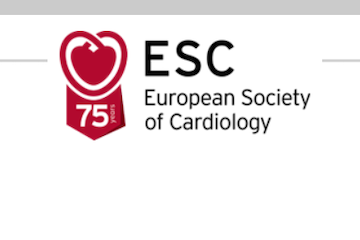
June 13, 2025 — An international study has shown that targeted online education on atrial fibrillation (AF) for health professionals can improve guideline-adherent care.
This cluster-randomized controlled trial, published in Nature Medicine1, was designed to test if structured online AF education for health professionals could improve the care that individual patients receive. The STEEER-AF trial found that the educational intervention had no significant impact on recommendations for stroke prevention, since use of blood thinning therapy was already near-optimal. However, only 1 in 5 patients had their heart rhythm care aligned to clinical practice guidelines from the European Society of Cardiology (ESC). The education for health professionals increased patient-level adherence to optimal care recommendations for rhythm control by 51% compared to centers with no additional education.
Clinical practice guidelines are used across the world to standardize care and ensure that every patient gets the best possible outcomes, based on the most up-to-date evidence. Recently, the ESC updated its guidelines on AF for use across its 58 member countries and beyond. However, implementation of these and other ESC guidelines is challenging, with education of both healthcare professionals and patients essential to ensure better uptake and adherence.
“When we designed the new ESC guidelines for AF, we were conscious to think about how these would become embedded in routine practice to help every patient with AF. This trial was run in parallel with the writing of the guidelines to help us achieve better implementation,” explains Professor Dipak Kotecha, Chief Investigator for the STEEER-AF trial and Co-Chair of the 2024 ESC Guidelines on AF.
“The STEEER-AF trial gave some mixed results… on the one hand, we saw that clinical staff were already providing really good care to prevent stroke and blood clots in their patients with AF. Conversely, the approach to heart rhythm control was much worse than expected. Specifically with heart rhythm control, we saw that education for staff (an average of only nine hours online) helped to improve the care that individual patients received. Put together with education for patients, the results suggest a way forward to enhance ‘AF-CARE’, an approach designed to improve patient wellbeing and reduce the burden of AF on health and social care,” said Kotecha from the Department of Cardiovascular Sciences, University of Birmingham.
Atrial fibrillation is a major public health issue – predicted to double in prevalence over the next few decades, and associated with poor patient quality of life, premature death and a high rate of complications, including stroke, blood clots and vascular dementia. Due to its complex association with other cardiovascular and non-cardiovascular conditions, AF requires an individualised approach, bringing together the needs and wants of each patient and their healthcare team. This integration of care was significantly improved in the centres receiving the educational intervention, as reported by the patients themselves.
STEEER-AF was the first clinical trial sponsored by the ESC. The trial was designed and run in collaboration with the European Heart Rhythm Association and the ESC Council on Stroke. It included 70 healthcare centers from France, Germany, Poland, Italy, Spain and the UK, with a total of 1,732 patients with AF included across these centers.
1. Education of healthcare professionals to improve guideline adherence in atrial fibrillation: the STEEER-AF cluster-randomized clinical trial, Nature Medicine, June 2025.

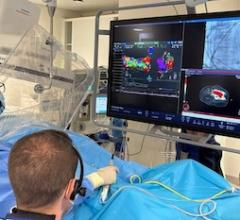
 January 29, 2026
January 29, 2026 
